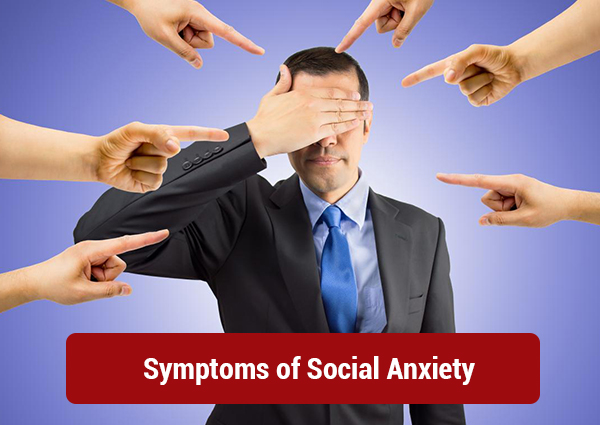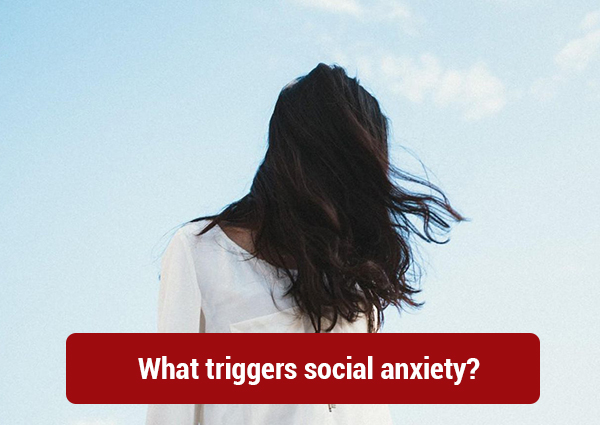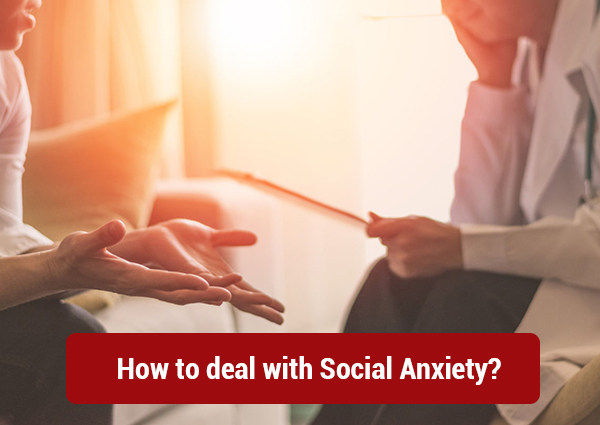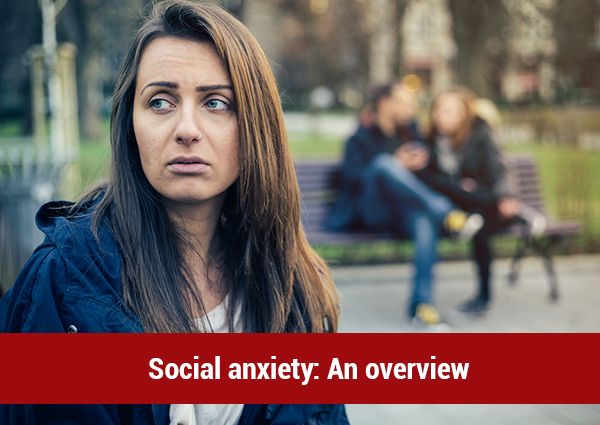Social Anxiety: An Overview
In this article, you will learn about the rise of social anxiety in the current society. Feeling shy is natural. We all feel shy about something or the other at different times in lives and normally overcome the awkwardness related to it with time and maturity. But when this shyness persists and starts interfering with your routine life, impacting the choices you make, things you do and people you meet, you are most probably gripped by a condition known as social anxiety. Regarding this Counseling For Adults With Depression will do a great job.
People suffering from this condition fear being noticed, judged or perceived in a negative light and dislike to be the centre of attention in a group or social gathering. They are always afraid of doing or saying something that may land them into humiliation or cause embarrassment to themselves and others.
Examples can include the unwillingness to – speak on a public forum, talking to strangers, eating in a group, performing on stage, etc. So, a person who loves to dance and loves being appreciated for it may refuse to dance in front of others due to social anxiety. Or a college-goer might never make new friends and stay in isolation for the fear of being mocked at.
Symptoms of Social Anxiety

In most cases, people are unable to differentiate between shyness and social anxiety. But, if you have this constant urge to escape a situation for the fear of looking stupid, anxious or boring those around you, you are most likely facing social anxiety. Look out for the following physical & behavioural symptoms and if you experience any of it, you must consider a solution.
Physical Symptoms |
Behavioural Symptoms |
Blushing |
The Urge to Escape a Situation |
Feeling butterflies in the stomach |
Avoiding certain situations |
Trembling & shaking (body & voice) |
More focused on self |
Sweating |
Keeping quiet for the fear of Grabbing Attention |
Dizziness |
Not making eye-contact with others |
J;pl’j[][=yLack of concentration |
Making a premature exit from a place/situation |
Change in breath |
Remaining on the background for the fear of being Scrutinized |
What Triggers Social Anxiety

Humans have an inherent need for approval and respect. They crave to be loved and accepted by others and receive consensus on their behaviours and thoughts. However, in some people the need for approval is extreme and they are more sensitive to the fear of rejection than others. This emotional need activates social anxiety at the hint of the smallest clue of disapproval. Other factors like negative thinking, genetics and environmental factors also come into play and cause this condition.
How to Deal with Social Anxiety

Social Anxiety can be treated through medicines and consultation with the physician. However, they are not considered a permanent cure. The best way out is to deal with its emotional, mental and behavioural aspects in consultation with a life coach who can wean you from the anxiety in no time.



